Many of our churches are having conversations about what it means to be a Christian and what it means to be a United Methodist. We invite you to use the resources listed here to teach and learn about the basic beliefs of Christians and Methodists and how to understand the Bible. May these teachings be helpful to you as you discuss the possibilities of becoming a lighthouse congregation, seeking disaffiliation, or even planning an adult confirmation class.
For free online resources, visit the NC Conference’s #BeUMC page.
Request These Resources
These resources can be borrowed for free by anyone involved with a United Methodist Church in the North Carolina Conference. We will mail them to your home! All you need to do is fill out the Resource Request Form.
Basics of Christianity
DVD & Book Studies
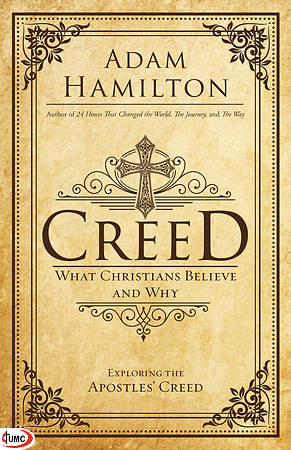


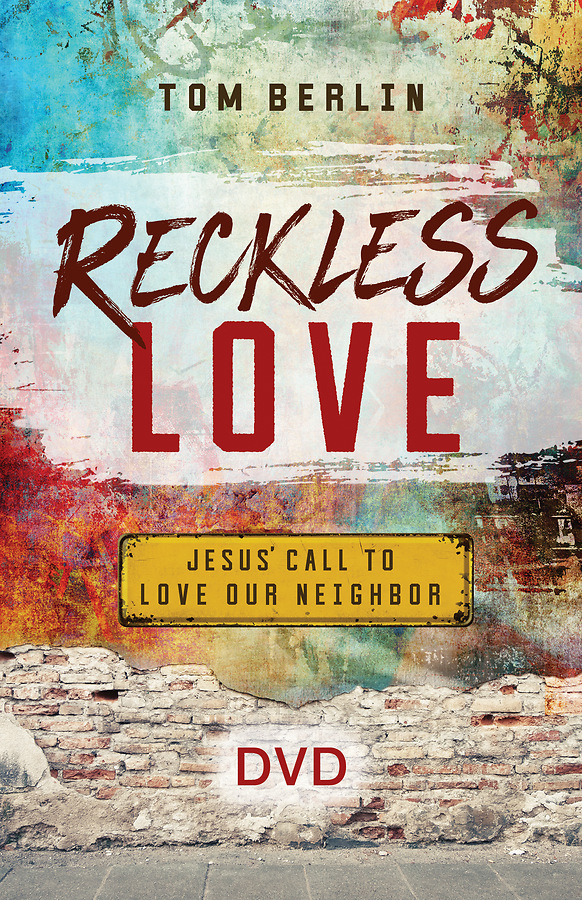
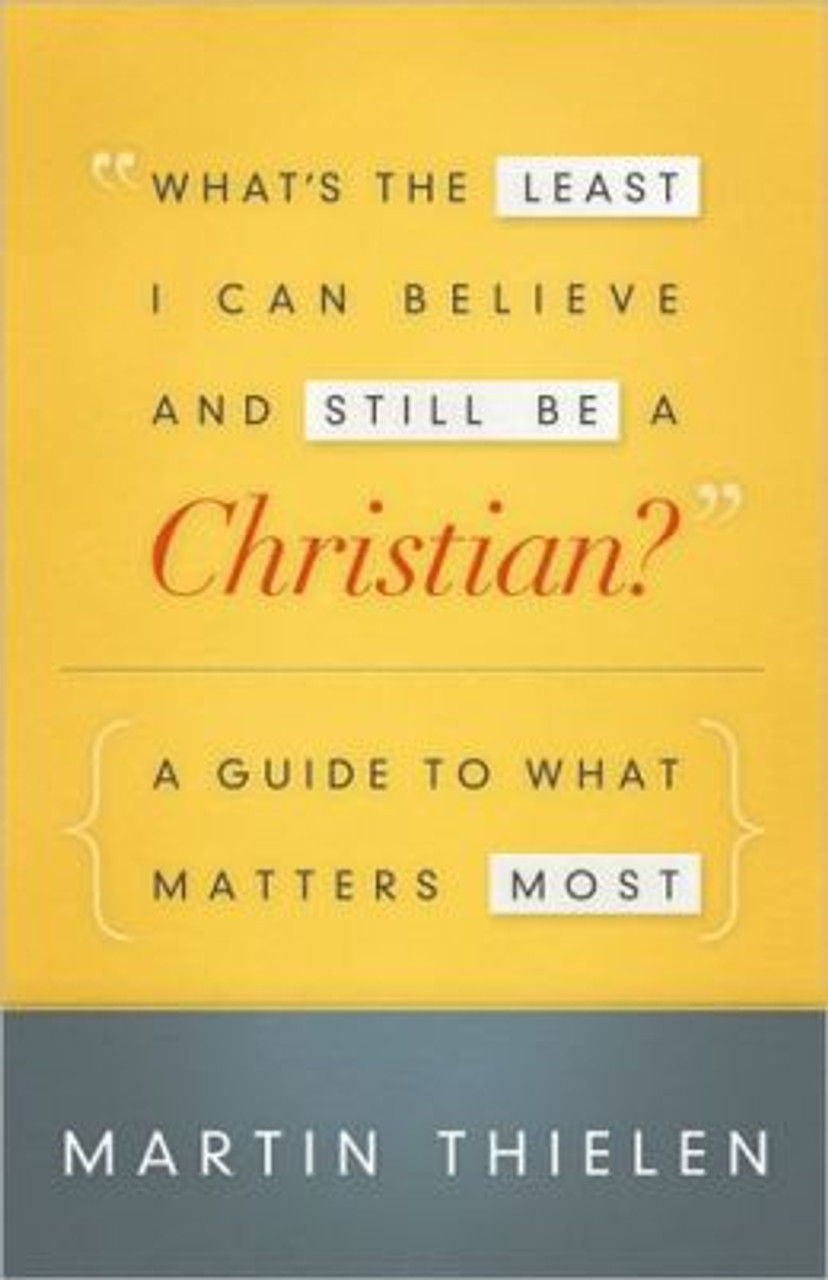
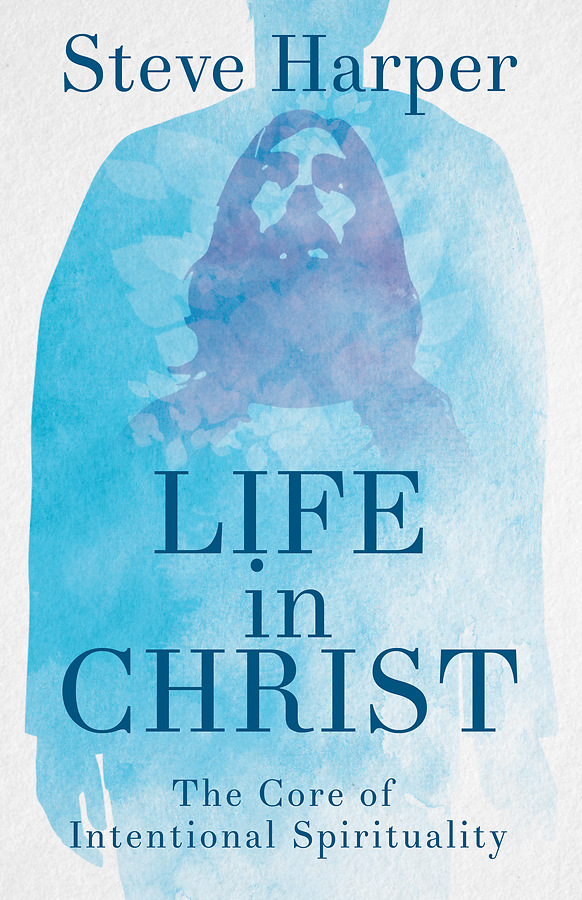
Creed: What Christians Believe and Why by Adam Hamilton. Hamilton believes that powerful answers to many of our complicated questions are contained in the Apostles’ Creed, an early statement of foundational Christian beliefs. He explores not only what Christians believe but also why they believe and why it matters, which in turn leads readers to confront and examine their own core beliefs and go beyond reciting the Creed’s familiar words.
Animate: Faith by Sparkhouse Publishers. This study is an adult education course that explores central topics of Christianity. Each video topic features a different Christian leader: Brian McLaren, Lillian Daniel, Mark Scandrette, Shane Hipps, Nadia Bolz-Weber, Lauren Winner, and Bruce Reyes-Chow.
Alpha Film Series by Nicky Gumbel. The Alpha talks are designed to engage people from all walks of life and inspire conversation. They explore the big issues of life and faith and unpack the basics of Christian belief, addressing questions like “Who is Jesus?”, “Why and how do I pray?” and “How does God guide us?”
Reckless Love: Jesus’ Call to Love Our Neighbor by Tom Berlin. In this study, you will see the ways Jesus’ care for others disrupted the way his disciples thought and acted so deeply that they learned to love God fully and join Jesus’ mission to share the good news unambiguously. In so doing, you will have the opportunity to consider your life and learn how loving the people around you will completely renew your faith and give you a new experience of loving God.
What’s the Least I Can Believe and Still Be a Christian? A Guide to What Matters Most by Martin Thielen. Thielen has compiled a list of ten things Christians need to believe–and ten things they don’t–to “qualify” as Christians. This lively and engaging book will be a help to seekers as well as a comfort to believers who may find themselves questioning some of the assumptions they grew up with. Thielen articulates centrist, mainline Christianity in a way that’s fresh and easy to understand and offers authentic Christian insights that speak to our deepest needs.
Life in Christ: The Core of Intentional Spirituality by Steve Harper. Harper helps us recognize our tendency to search for life through rules and dogmas rather than in relationships with other people and with God. By living in relationship, we live as enlivened Christians, the abundant life God intends for us and the life we long for. He encourages us to see the spiritual life as a movement, where we are always on the way, taking steps forward to continually align our lives with Christ. He shows us how Christ can be the goal and pattern for our lives, motivating us to live as God’s beloved and as instruments of God’s love.
Understanding the Bible
DVD Studies
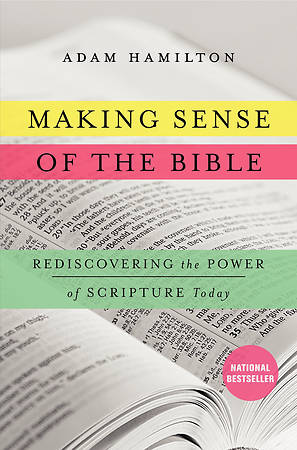

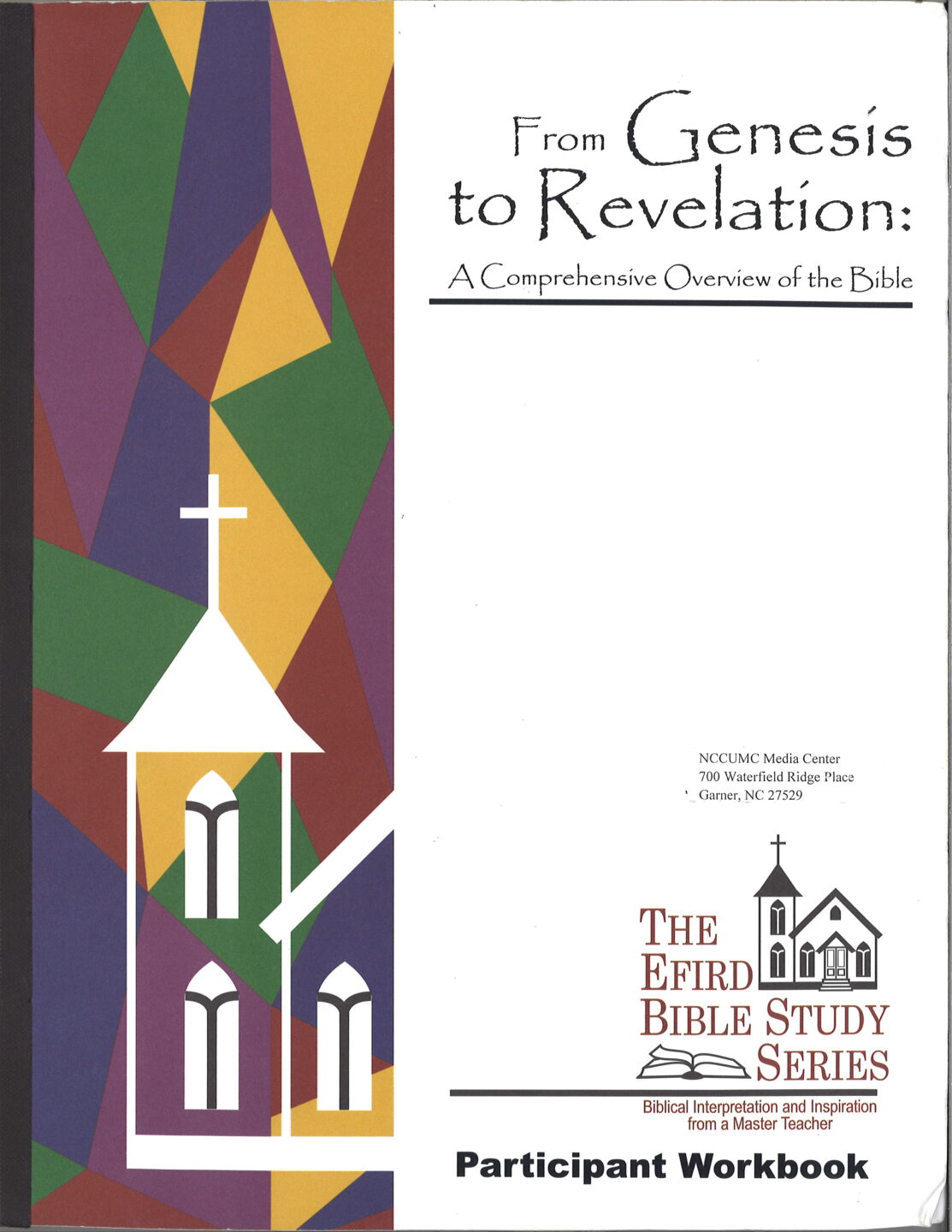
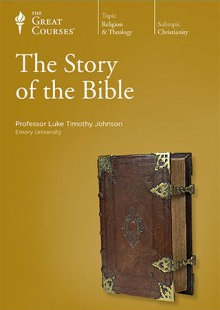
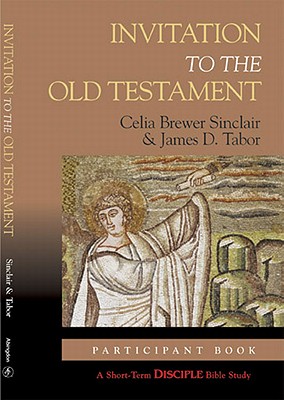
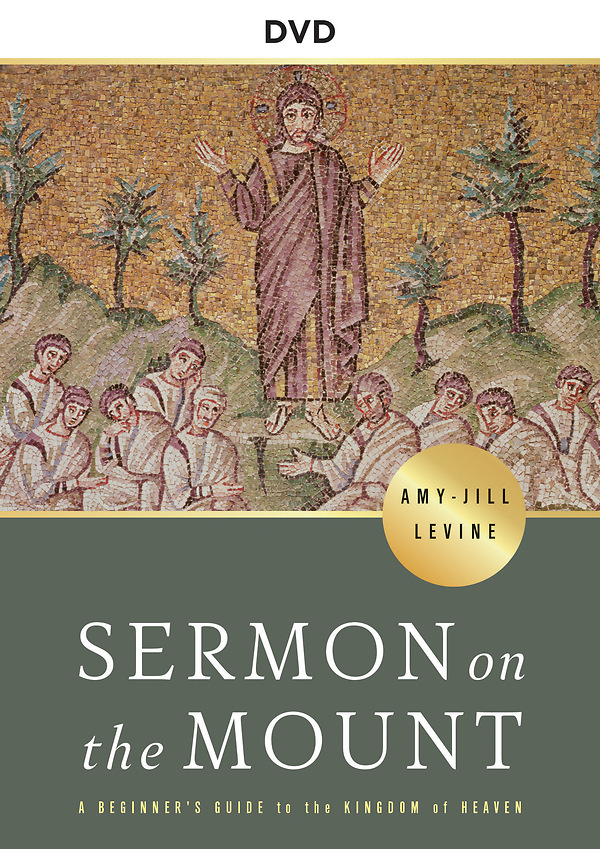

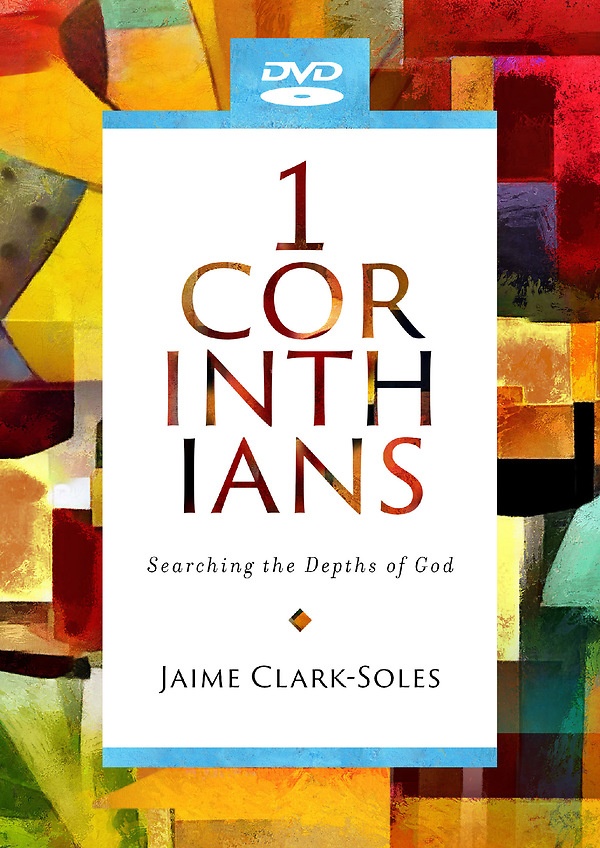
Making Sense of the Bible: Rediscovering the Power of Scripture Today by Adam Hamilton. In approachable and inviting language, Hamilton addresses often misunderstood biblical themes leading readers to a deeper appreciation of the Bible so that we might hear God speak through it and find its words to be life-changing and life-giving.
Animate: Bible by Sparkhouse Publishers. This study is an adult faith formation series that explores seven big conversations about the Bible, including the canon, history, testaments, Gospels, genre, interpretation, and grace. Each video topic features a different Christian leader: Eric Elnes, Phyllis Tickle, Rachel Held Evans, Nadia Bolz-Weber, José Morales, Will Willimon, and Jay Bakker.
From Genesis to Revelation: A Comprehensive Overview of the Bible by Mickey Efird. Study the Bible by understanding the different genres (or types of literature) found in the Bible, as they are most helpful in understanding the development of the canon in light of the culture of the times. The genres include The Histories, the Prophets, Wisdom literature, Apocalyptic literature, New Testament letters, and the Gospels. You may also like Dr. Efird’s shorter study, How to Get the Greatest Benefit from Bible Study.
The Story of the Bible by Luke Timothy Johnson. Tracing the development of biblical texts across millennia, Professor Johnson takes you on a journey from the farthest reaches of ancient history through antiquity and the Middle Ages up to the present. You’ll learn about the many forms the Bible has taken and the ways history, scholarship, and technology have helped shape this great tradition, as well as the Bible’s powerful influence on human history and culture.
Invitation to the Old Testament and New Testament by Abingdon Press. Explore the Old Testament’s story of God and God’s calling of the people of Israel through the many “voices” of the biblical text. Participants gain a deeper understanding and appreciation of the Old Testament as an integral part of the Christian Bible and a renewed discovery of our identity in God and God’s vision for all things. . . . Explore the writings of the New Testament using the story of Jesus as the starting point. This survey of the testament looks at how the early church took ownership of and was shaped by the story of Jesus and how the church learned how to develop as disciples and create communities of faith.
Sermon on the Mount: A Beginner’s Guide to the Kingdom of Heaven by Amy-Jill Levine. Levine explores the major topics in the most popular sermon ever delivered, providing historical and theological context and using a solid knowledge of Hebrew Scriptures and moral teachings. What do his words mean to us today, and how do they change our lives?
Acts: Catching Up with the Spirit by Matthew L. Skinner. There’s no better explanation for how to live out the Great Commission—following the instruction of the resurrected Jesus Christ to spread his teachings to all the nations of the world—than in the book of Acts. Skinner explores six key themes that illustrate the ways in which reading Acts is capable of igniting our imagination about the character of the Christian gospel, the work of God’s people (the church), and the challenges of living faithfully in a complex and changing world.
1 Corinthians: Searching the Depths of God by Jaime Clark-Soles. 1 Corinthians is basically a letter Paul wrote to a people who were trying a wild new social experiment known as a Christian community. Centuries later, our churches deal with many of the same issues Paul addresses: factions, sexual immorality, gender issues, money concerns, theological questions, lawsuits, problems in worship, and problems in leadership. Clark-Soles explores these topics and the awe-inspiring, breathtaking world of the first-century church. You will learn to look at 1 Corinthians from a variety of viewpoints and apply its lessons to your own faith.
Book Studies
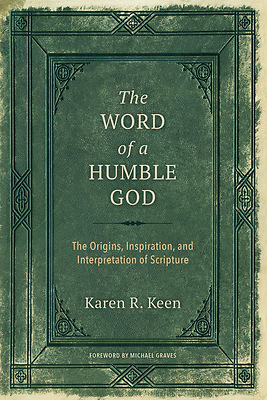
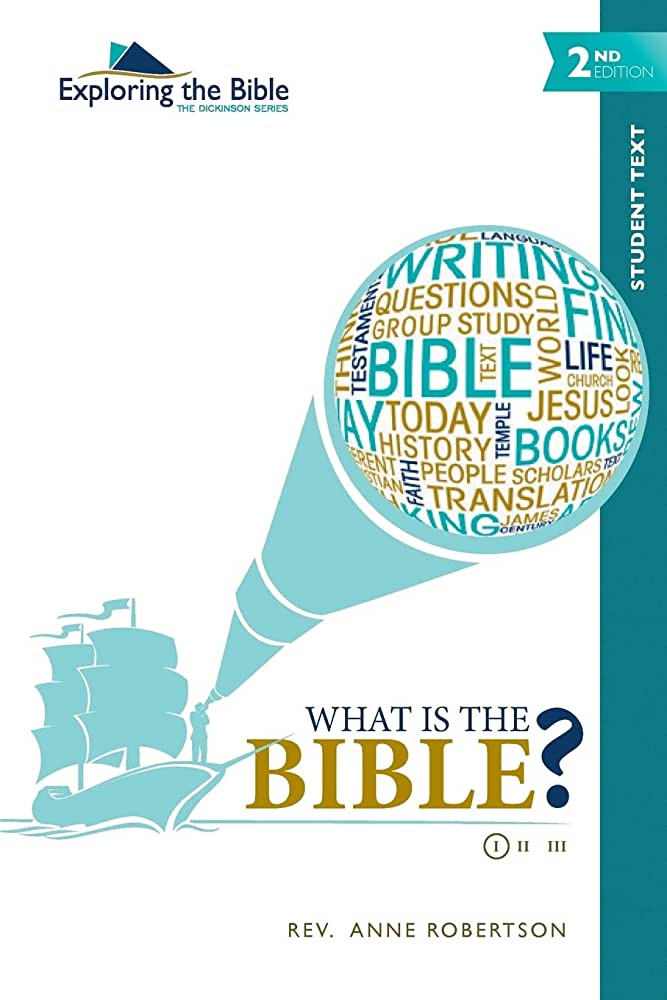
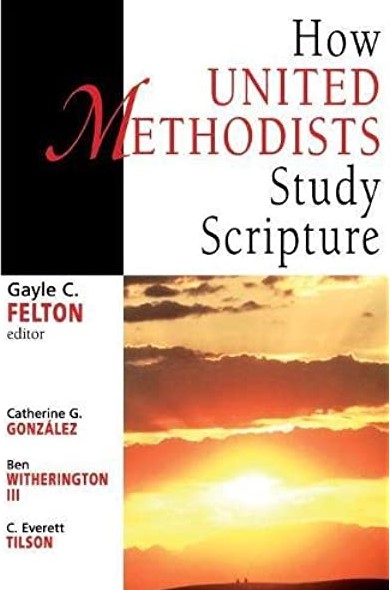
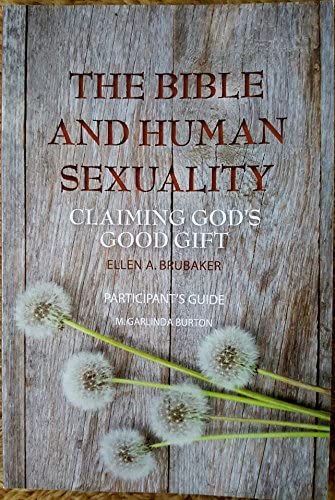
The Word of a Humble God: The Origins, Inspiration, and Interpretation of Scripture by Karen R. Keen. Keen offers a vital introduction to the material origins of the Bible, theories of inspiration, and the history of biblical interpretation-with reflections on what this all means for us as we read Scripture today. Through the ins and outs of these important topics, and with the aid of thought-provoking questions and learning activities at the end of each chapter, Keen argues that the Bible and its origins reveal a humble God who invites us to imitate that humility-a humility that is itself the most powerful antidote to the misinterpretation and abuse of Scripture.
What is the Bible? by Anne Robertson. This study gives students a broad overview of the entire Bible, including sessions on how to select a Bible suitable for your needs, how the Bible is organized, how the collection of books that comprise the Bible was chosen, different ways that people approach the text, and what archaeology has to tell us about the text and its stories.
How United Methodists Study Scripture edited by Gayle C. Felton. This four-part study, with contributions by Catherine Gonzalez, Ben Witherington, Everett Tilson, and Gayle Felton, includes sessions on Reading the Bible in the First 16 Centuries, The Study of Scripture in Early Methodism, A Contemporary Approach-Interpreting the Bible in Historical Context, and Characteristics on United Methodist Study and Interpretation of the Bible. There are discussion questions at the end of each section.
The Bible and Human Sexuality: Claiming God’s Good Gift by Ellen A. Brubaker and M. Garlinda Burton. This study from United Methodist Women explores the Bible and human sexuality as two essential components of our Christian faith. The Bible is part of the foundation of our faith. Human sexuality is part of who we are as human beings, created by God and called good. The study invites us to explore the complexity of the biblical text and our varied understandings of it in light of human sexuality.
Basics of Methodism
DVD Studies
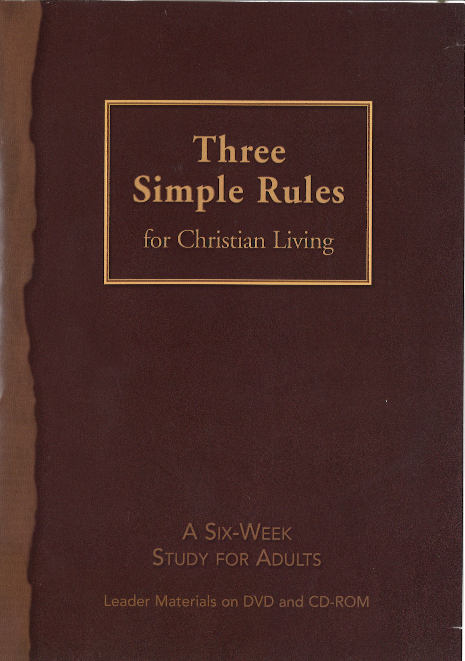
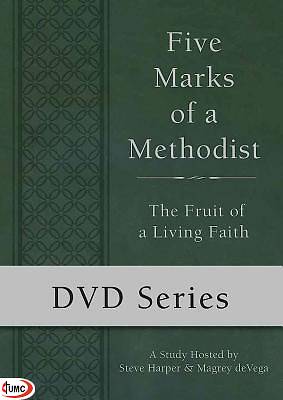
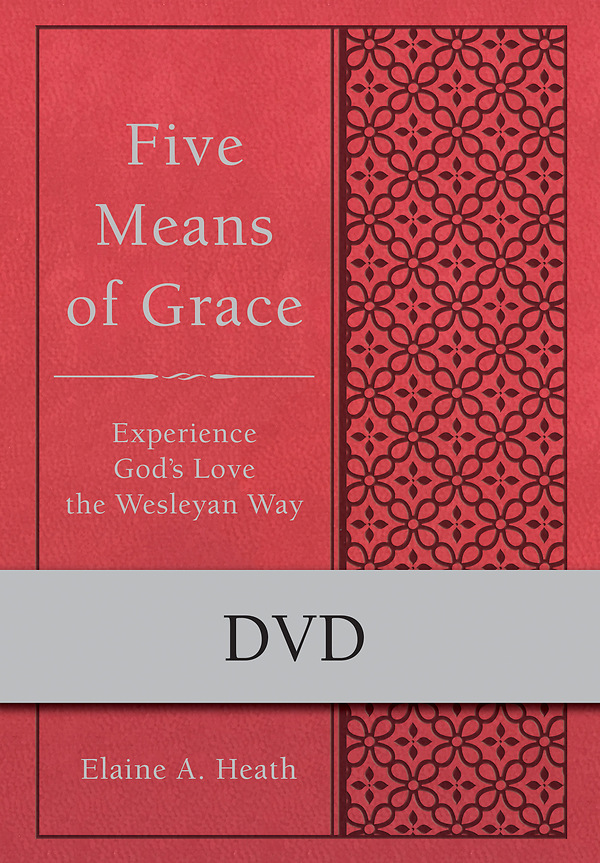
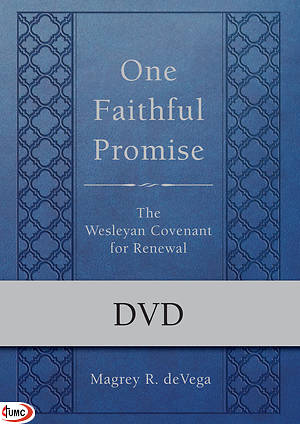
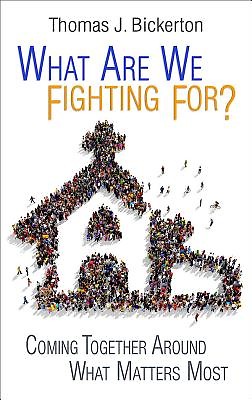
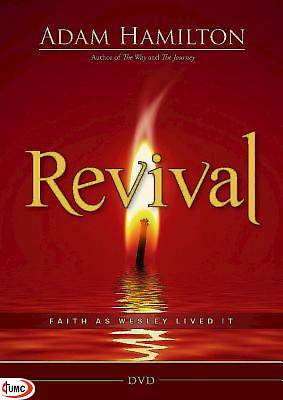

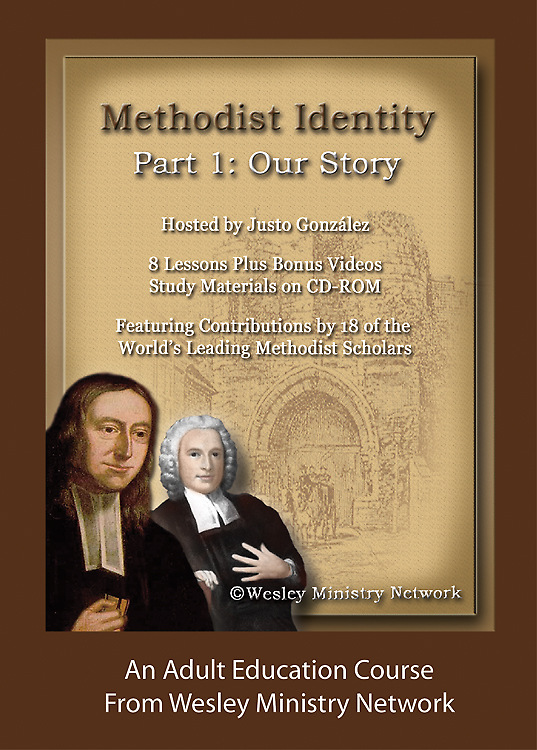
Three Simple Rules for Christian Living by Rueben P. Job. Six sessions provide extended reflection for adults on three principles of Christian life: do no harm, do good, and stay in love with God. Each rule has a session to help you understand the rule and a session to help you explore ways to practice the rule.
Five Marks of a Methodist: The Fruit of a Living Faith by Steve Harper. In “The Character of a Methodist,” Wesley clearly stated that he did not want to distinguish Methodism from any “real Christian of whatsoever denomination.” At the same time, Wesley knew that if the Methodist movement was to be established and grow, it must rest upon the solid foundation of gospel characteristics. This study provides a focused strengthening of the world Wesleyan family while written so that any Christian person or group could use it with blessing and benefit.
Five Means of Grace: Experience God’s Love the Wesleyan Way by Elaine A. Heath. This study guides readers through the five means of grace that John Wesley called “instituted,” meaning these are spiritual practices in which Jesus himself participated and which he encouraged his followers to do. One of the beautiful aspects of Wesley’s theology is that spiritual practices are seamlessly integrated with practices of loving our neighbors well. This is why Wesley said there is no holiness but social holiness. A life of genuine prayer inevitably leads to a life of hospitality, mercy, and justice.
One Faithful Promise: The Wesleyan Covenant for Renewal by Magrey R. deVega. A covenant with God is a faithful promise of renewal, and none is more central to the Methodist identity than The Wesley Covenant Prayer, which John Wesley first shared in a renewal service in 1755. Its central theme, “the means of increasing serious religion,” focuses on the way we can have a closer relationship with God and others through a heightened dedication to a serious faith. The Wesley Covenant Prayer is also the focus of The Wesley Prayer Challenge: 21 Days to a Closer Walk with Christ by Chris Folmsbee.
What Are We Fighting For? Coming Together Around What Matters Most by Thomas J. Bickerton. This is not another book full of theories and opinions about what we should do concerning all the issues facing our denomination—quite the opposite. Bickerton offers a way to move beyond all the discord to a hope-filled future by exploring how we can come together around what matters most so that the gospel of Jesus Christ becomes a vibrant part of our lives and witness.
Revival: Faith as Wesley Lived It by Adam Hamilton. Join Adam Hamilton for a six-week journey as he travels to England, following the life of John Wesley and exploring his defining characteristics of a Wesleyan Christian. This study will deepen people’s faith by calling them to a devout and holy life while defining what the Christian life looks like through the eyes of a Wesleyan Christian.
Top 10 United Methodist Beliefs by Don Adams. We know that “the main thing” as a Christian is to love God with our heart, soul, and mind and to love our neighbor as ourselves. Are we as clear on our primary purpose as Methodists? This study offers John Wesley’s point of view on matters of faith. Using his teachings as a guide, this study focuses on topics including grace, repentance, sanctification, and Holy Love.
Methodist Identity: Our Story and Our Beliefs hosted by Justo González. This video series explains what it means to be Methodist. The first course includes eight half-hour-long presentations by leading Methodist scholars. Speakers describe the 18th-century Wesleyan revival in England and the growth of Methodism in the United States and around the world. The second course builds on Our Story by examining Methodist beliefs, focusing especially on those doctrines that make Methodists distinctive. Leading Methodist theologians offer valuable information and insight concerning core Wesleyan ideas.
Books & Book Studies
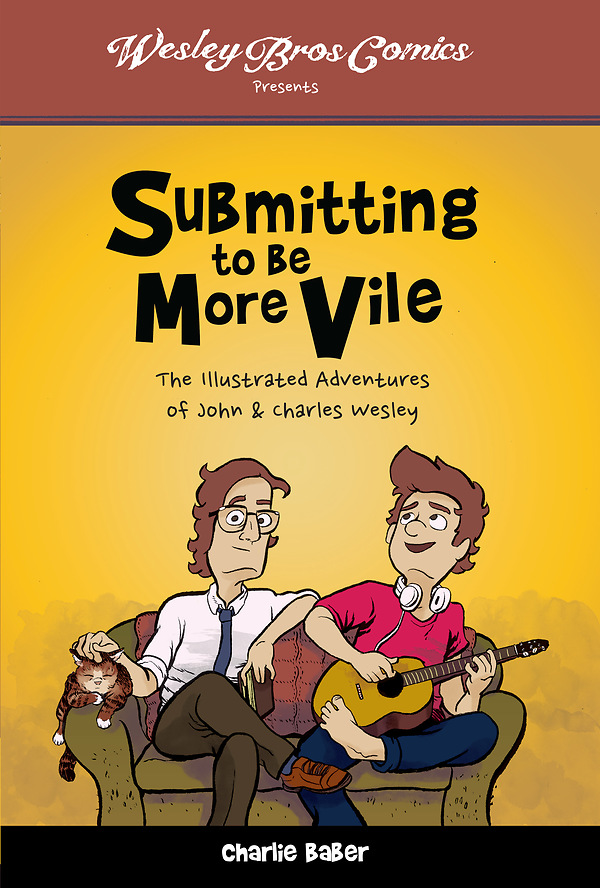
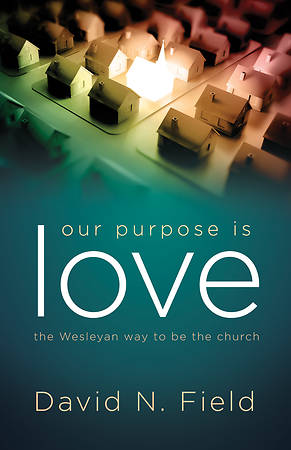
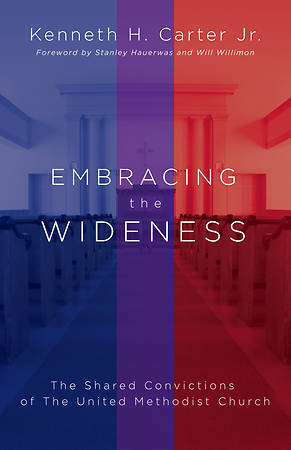

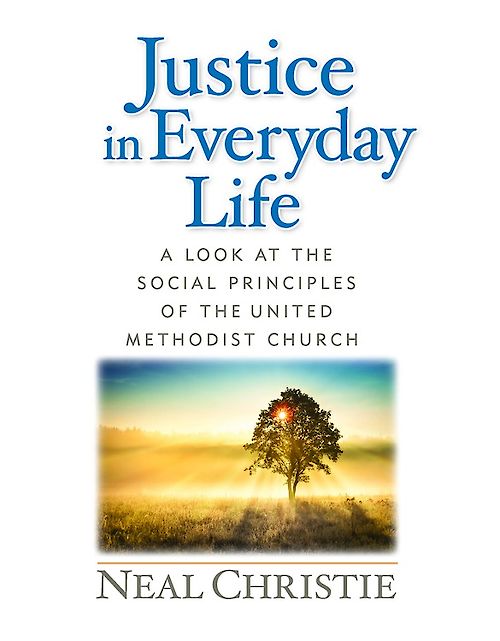
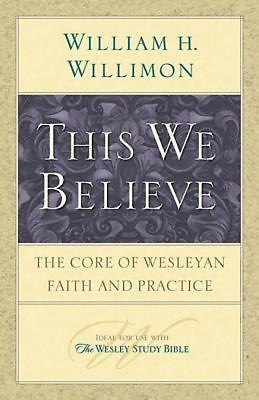
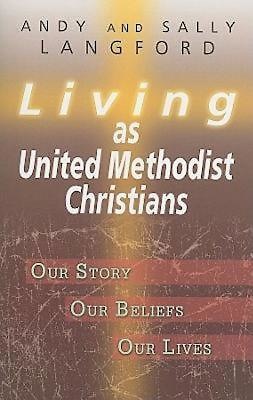
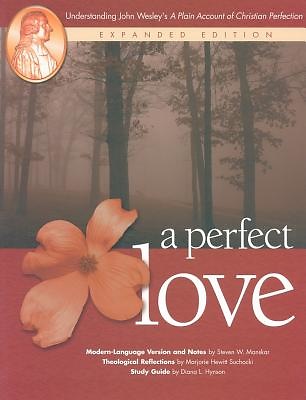
Submitting to Be More Vile: The Illustrated Adventures of John & Charles Wesley by Charlie Baber. To say Charlie Baber teaches Wesleyan theology, history, and practice unlike anyone else is an understatement. Through his Wesley Bros Comics, he created “webcomics”—an online world where historical church figures all exist at the same time…our time. Those new to the Wesleyan tradition will find Baber’s style easily accessible, and those who have a strong United Methodist background will find themselves chuckling at his unique approach.
Our Purpose is Love: The Wesleyan Way to Be the Church by David N. Field. Field challenges us to recognize and reclaim love as the center of our identity and purpose as the church. He presents a Wesleyan vision of the church as the embodiment of God’s love in the world and explores the implications of this vision for our life together. With a special focus on the importance of unity for the church’s witness, Field invites us to consider the ways in which embodying God’s love can and should influence how we live as individuals and as communities of faith, calling us to reclaim and recommit to love as the center of who we are.
Embracing the Wideness: The Shared Convictions of The United Methodist Church by Kenneth H. Carter Jr. This book contrasts a generous orthodoxy with the culture wars that seek to drive a wedge between Christians with deep faith convictions. A generous orthodoxy is possible for The United Methodist Church because scripture supports both a confessing movement and a reconciling movement. What great things could be accomplished if we rediscovered orthodoxy in service of the healing, instead of dividing, of our bodies—our churches!
Together: United Methodists of the Temple, Tabernacle and Table by Stanley R. Copeland and Scott Gilliland. Stan Copeland and Scott Gilliland tell what a church has taught them through uplifting a vision to be “one diverse community, passionately engaging the Bible, uplifting Jesus in worship and loving service, and challenging in Love that which divides.” Together recognizes the long-standing theological and sociopolitical diversity within United Methodism as Traditionalist (Templers) and Progressives (Tabernaclers), but we all gather around a long, broad Table that the Lord sets and to which He invites ALL of us to feast.
Justice in Everyday Life: A Look at the Social Principles of The United Methodist Church by Neal Christie. This study takes an in-depth look at the Social Principles of the United Methodist Church—the church’s attempt to speak on contemporary issues with which it is confronted today. The book covers topics such as the natural world, social community, economic community, political community, Biblical foundations of the Social Principles, and teaching the Social Principles.
This We Believe: The Core of Wesleyan Faith and Practice by William H. Willimon. For John Wesley, the Bible is the joyfully consistent testimony of God’s never-ending grace and ever-seeking love. Likewise, studying the Bible is more than merely knowing what Scripture says; it is also about living every day as a child of God. Beginning with the Core Terms found in The Wesley Study Bible, Willimon systematically lays out key Wesleyan tenets of faith so that you will have a fresh way to hear God’s voice, share in God’s grace, and become more like Jesus Christ.
Living as United Methodist Christians: Our Story, Our Beliefs, Our Lives by Andy and Sally Langford. Pastors Andy and Sally Langford take a unique approach in this study by looking at how United Methodists claim and live their faith as individuals and as a denomination. Through the study, you will gain insight into The United Methodist Church, its beliefs, and faith practices.
A Perfect Love: Understanding John Wesley’s A Plain Account of Christian Perfection: Modern-Language Version and Notes by Steven W. Manskar. A Perfect Love is the full text of Wesley’s book. What makes this version unique is that the author has edited Wesley’s text and updated his language for the contemporary reader. Christian perfection is the doctrine that distinguishes Methodism from other Christian denominations. Briefly, the term Christian perfection, as Wesley used and understood it, may be translated as “Christian maturity.” It is the process of “growing up” in the love of God and neighbor. It is “holiness of heart and life.” Christian perfection is the goal of salvation; it is the outcome of a life lived with and for God in Jesus Christ in the power of the Holy Spirit.
Request These Resources
These resources can be borrowed for free by anyone involved with a United Methodist Church in the North Carolina Conference. We will mail them to your home! All you need to do is fill out the Resource Request Form.
Featured image by Kathleen Barry, United Methodist Communications

